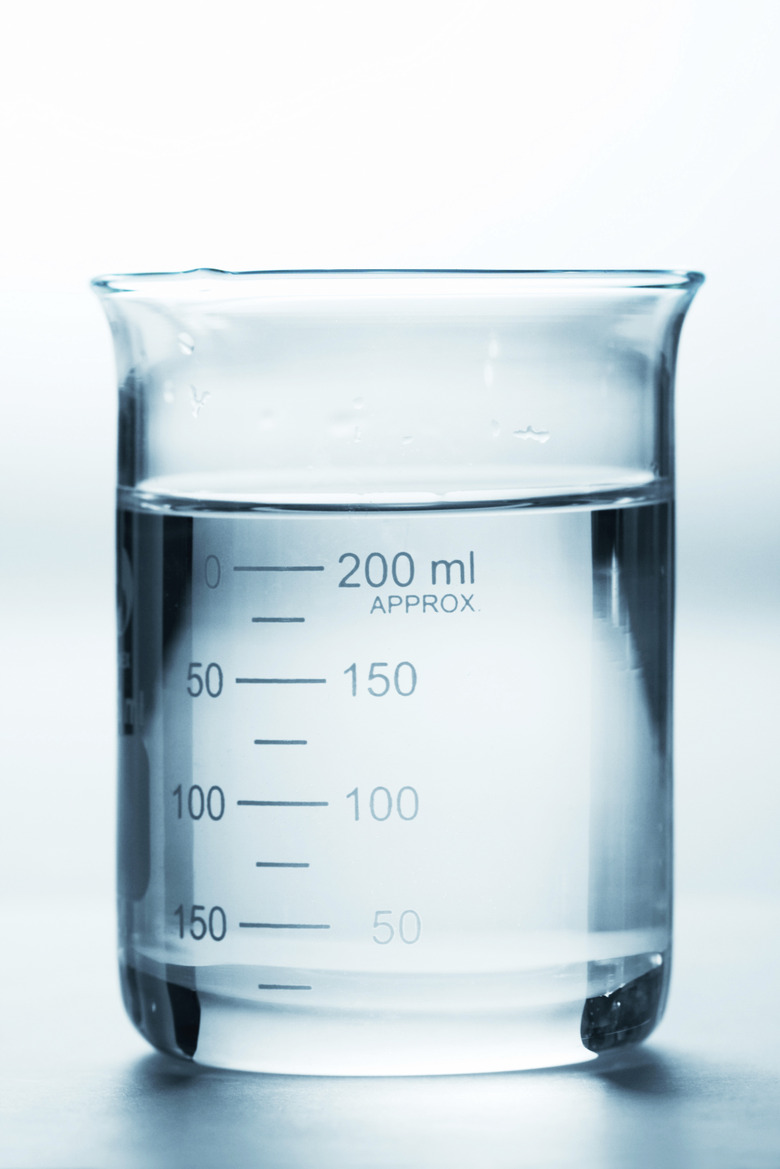What Are The Differences Between Solubility And Miscibility?
Solubility and miscibility are both terms used to refer to the ability of one substance to dissolve in another substance. The substance to be dissolved is called the solute, while the substance in which the solute is dissolved is called the solvent. The solubility or miscibility of the solute is dependent on the kind of solute and solvent.
Solubility
Solubility
When a solute and solvent are mixed, they form what is called a solution. A solution is only formed when the solute can be dissolved in the solvent. Solubility, a more general term than miscibility, refers to the ability of a substance — specifically, the solute — to be dissolved in the solvent. The more the substance can be dissolved, the more soluble it is. Solid solutes generally have a limit on the amount that is soluble, which depends on the kind of solute and solvent.
Miscibility
Miscibility
The term miscibility refers to the ability of a liquid solute to dissolve in a liquid solvent. Solubility is a more general term, but it is more often used to mean the ability of a solid solute to dissolve in a liquid solvent. Miscibility is used when talking about the solubility of — specifically — liquid solutes. Miscible liquids are also defined as liquids that can mix to form a homogeneous solution. Miscible liquids generally mix without limit, meaning they are soluble at all amounts.
Cite This Article
MLA
Suico, Joshua. "What Are The Differences Between Solubility And Miscibility?" sciencing.com, https://www.sciencing.com/differences-between-solubility-miscibility-8663853/. 13 March 2018.
APA
Suico, Joshua. (2018, March 13). What Are The Differences Between Solubility And Miscibility?. sciencing.com. Retrieved from https://www.sciencing.com/differences-between-solubility-miscibility-8663853/
Chicago
Suico, Joshua. What Are The Differences Between Solubility And Miscibility? last modified March 24, 2022. https://www.sciencing.com/differences-between-solubility-miscibility-8663853/
